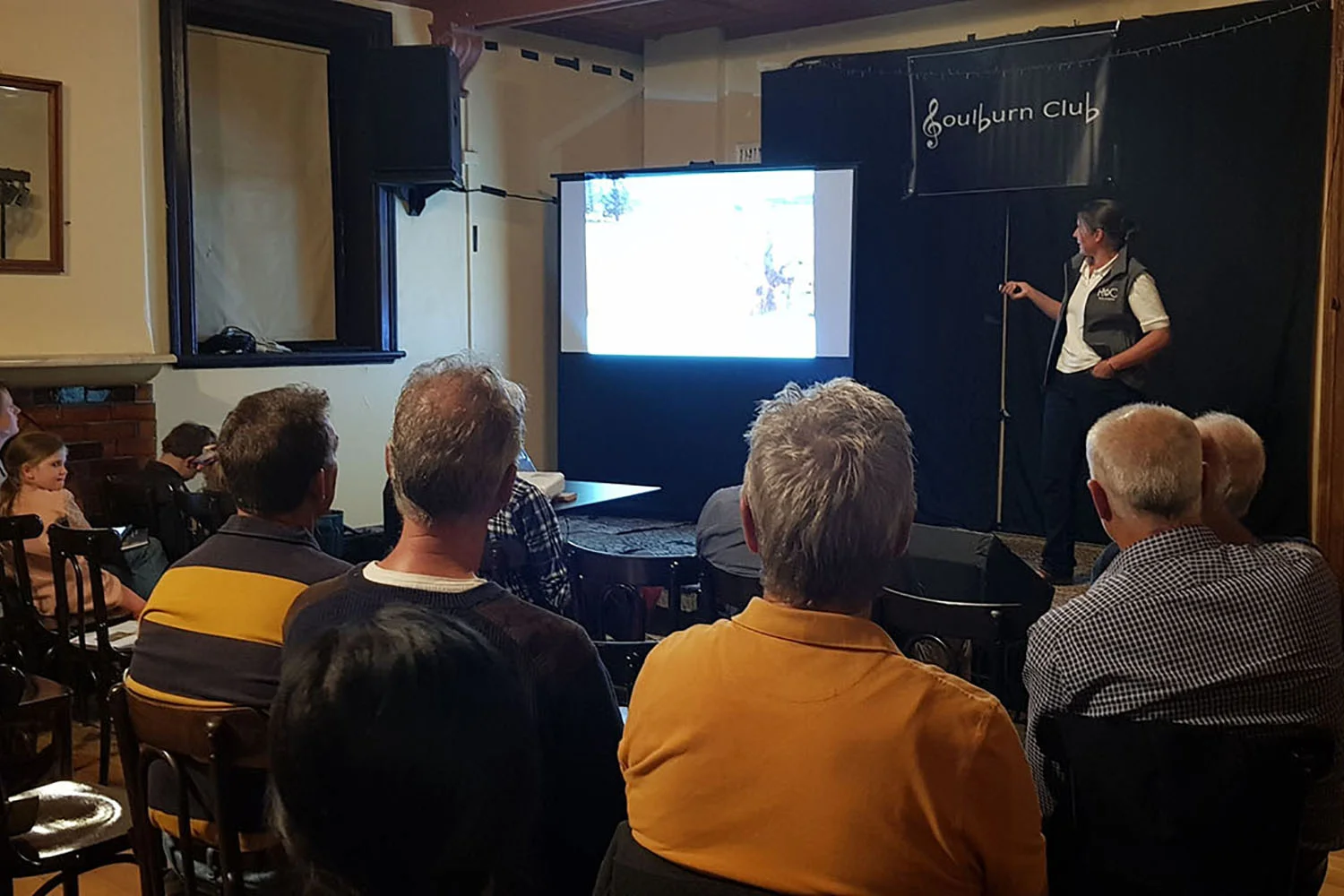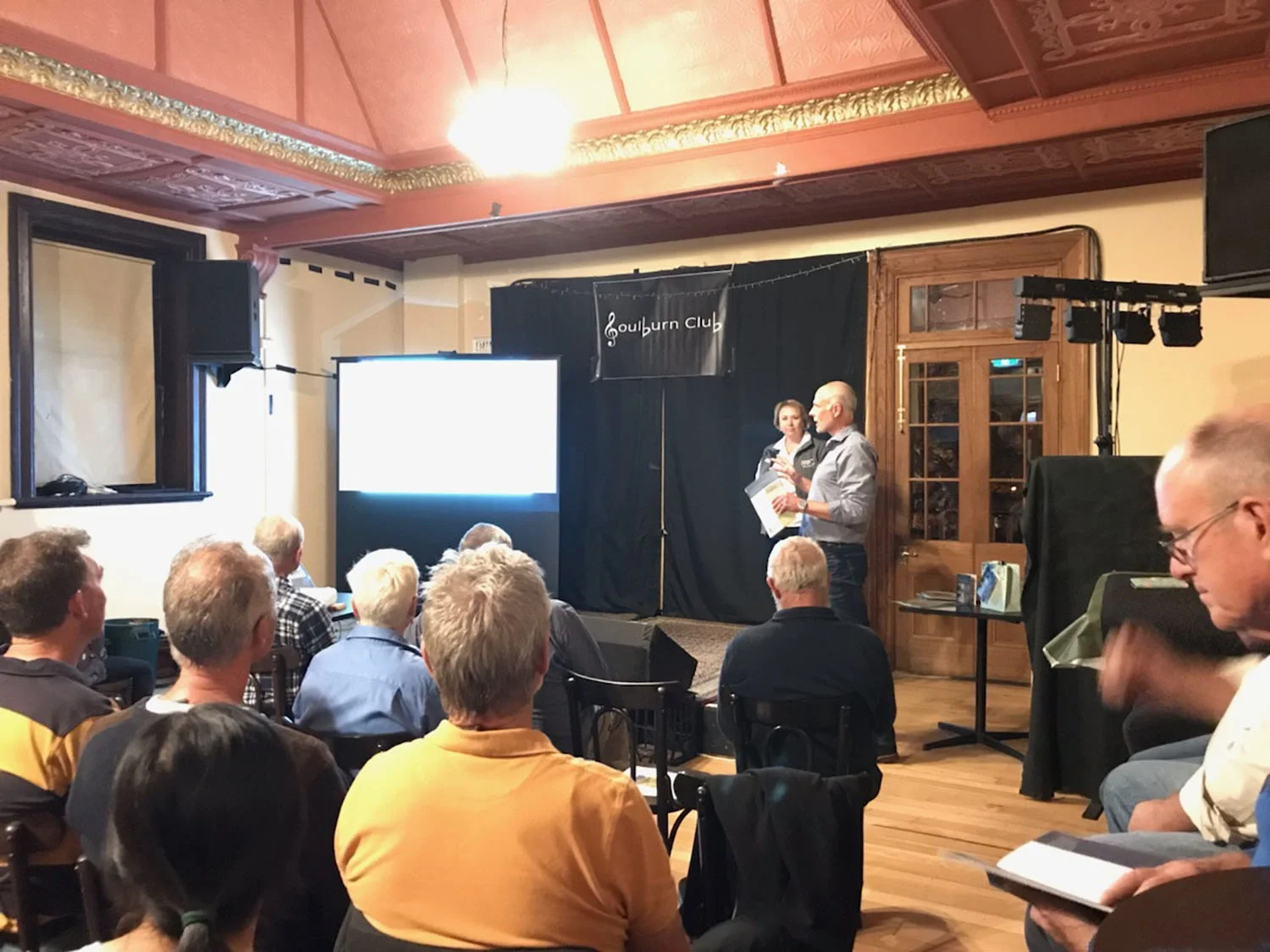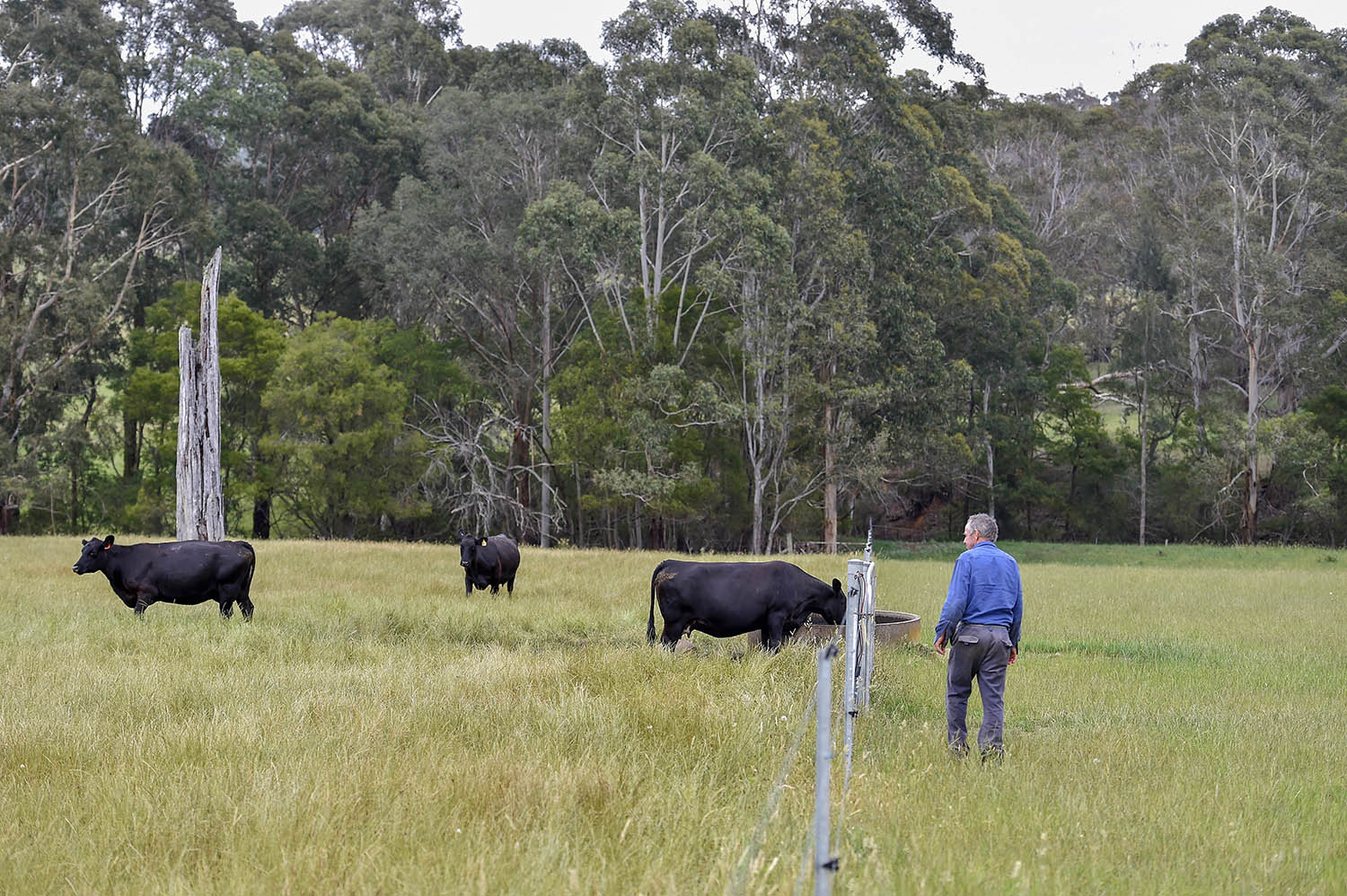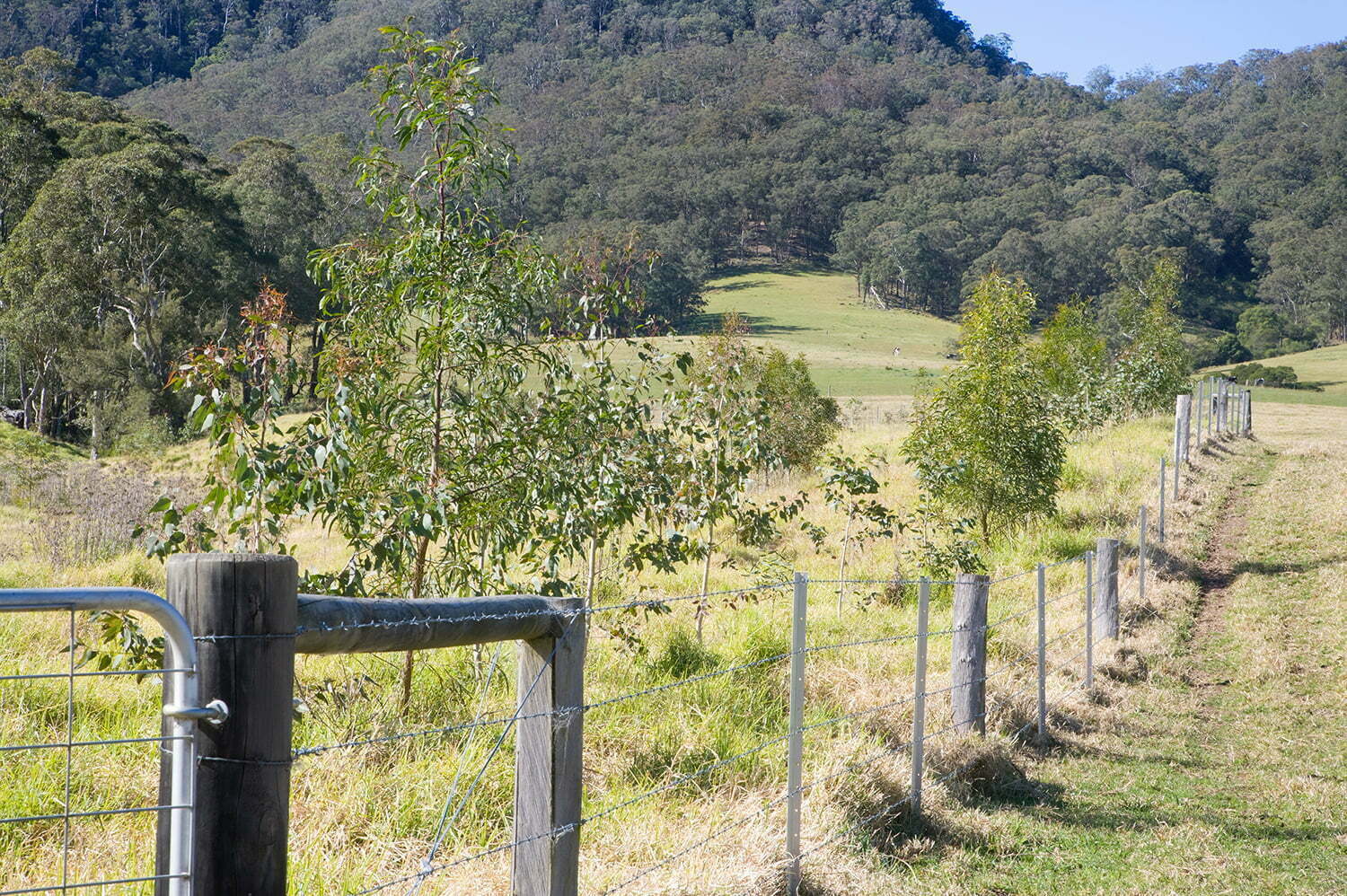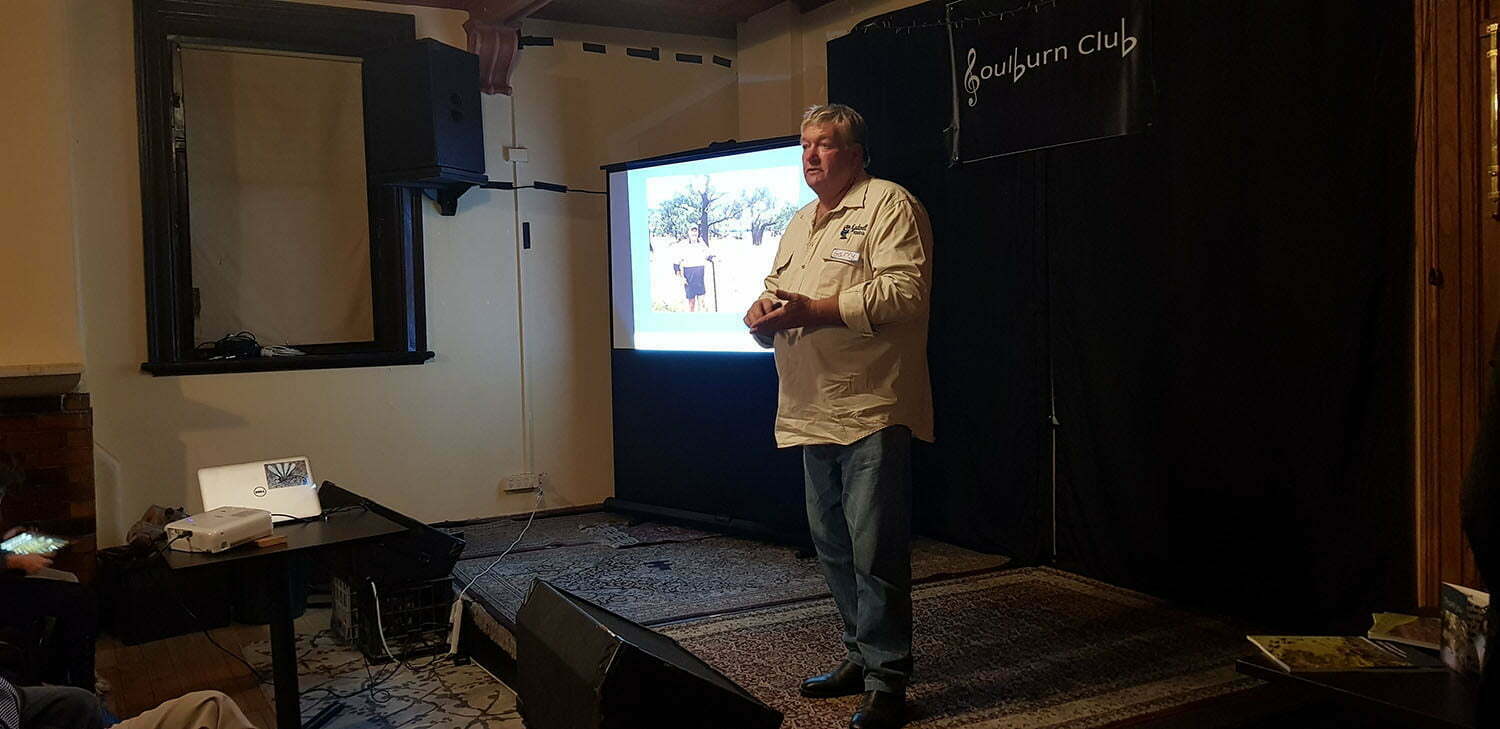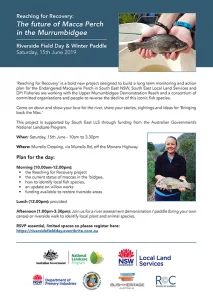On the 22nd of May at the Goulburn Club, we held our third Community Conversation, this time focusing on Stock and Waterways. We were delighted to be joined by 75 people drawn from a wide range of NRM organisations and interests. We were also really pleased to have so many of our valued landowners come along, and we were able to give them a free copy of the guide to say thankyou for the enormous contribution they make to our Rivers of Carbon initiative.
After an acknowledgement of country by Mary (Alfie was unable to make it), Stuart and I provided some background as to why we wanted to update the original Stock and Waterways Guide which was developed during my time at Land and Water Australia. The new guide has a New South Wales focus and contains more practical advice and a lot of really great photographs. We employed a professional photographer to get images for us of different trough systems, fencing approaches and paddock layouts, so that our recommendations are supported with real life examples of farmers putting what we are suggesting into practice.
Lori then walked us through the contents of the guide, highlighting the science underpinning recommended practices. She was followed by our star of the show, Crookwell potato farmer and grazier Garry Kadwell. Garry is a Landcare Champion, and he shared his story of why he works with nature on his property, and the great economic, environmental and, most importantly, social gains, that this approach provides for him and his community. So you don’t miss out, we have included the video below called ‘hand in hand’ which provides an insight into Garry’s philosophy, as well as giving you a glimpse of his beautiful farm.
Hand in Hand – Garry’s story of farming and conservation, Crookwell NSW from Richard Snashall on Vimeo.
Our final presenter for the night was Antia, who talked about how we can make our farms ‘fish friendly’. This is something we are looking at more closely in Rivers of Carbon, as there are a number of projects underway using farm dams as refuge habitat for some of our extra special, and unfortunately endangered, fish.
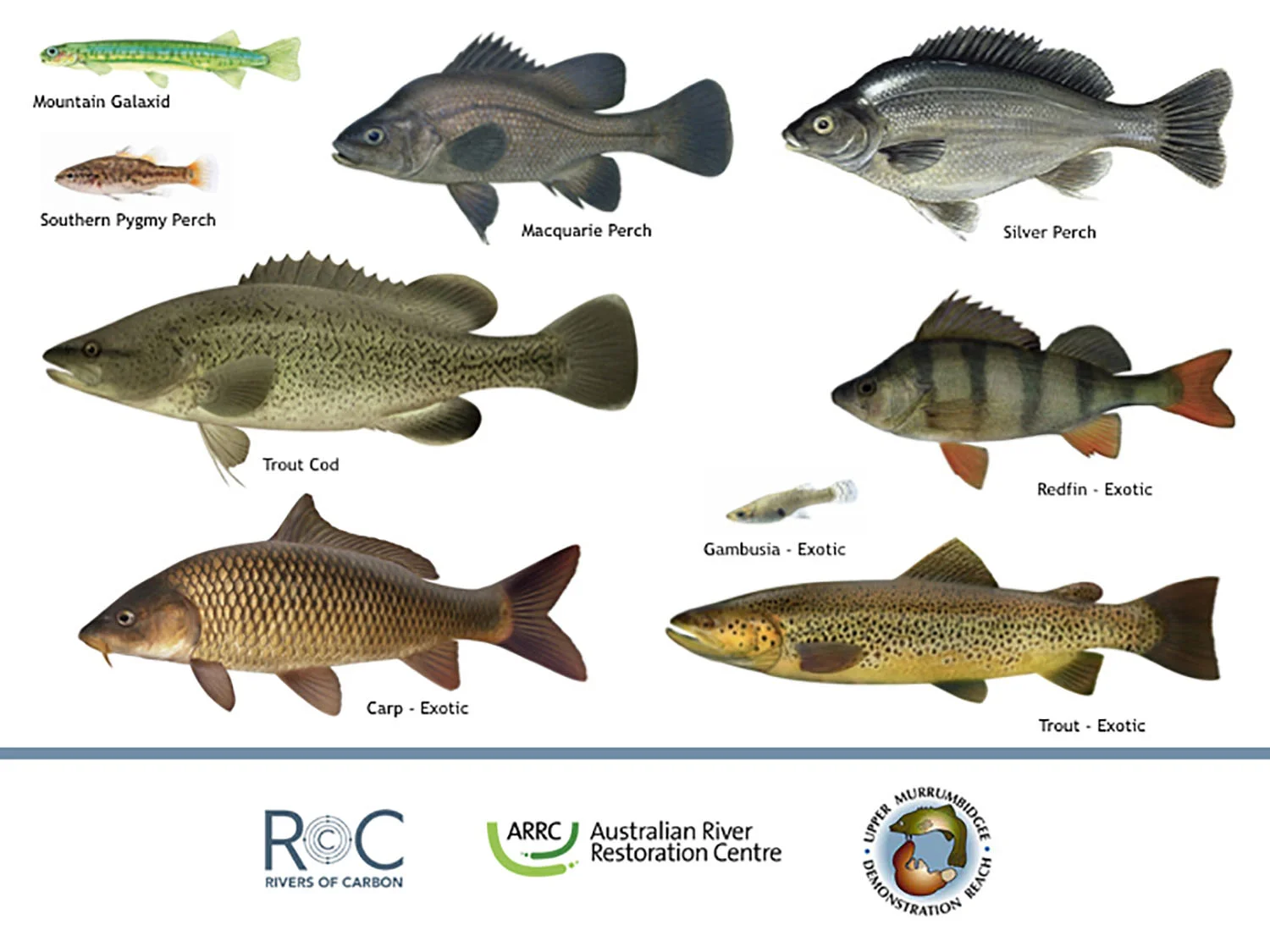
Antia provided a great overview of the many ways we can make our farms ‘friendly’ for fish, simply by thinking about where and how we place culverts and crossings, creating native fringing habitat to provide homes and food for fish, and how keeping stock out of waterways really does make an enormous difference to water quality. If this work interests you we have an upcoming field day on the Murrumbidgee focusing on river restoration for the Macquarie Perch – a link to the flyer is provided here and you can RSVP on Eventbrite here.
After our presentations we spent time chatting and catching up with a beverage in hand. It was a really terrific night, and we received some great feedback from people who attended which we have shared below:
“I never cease to be amazed at the extent and depth of your initiatives, work and philosophy and that of your colleagues in helping repair our pained land and hitherto neglected waterways. All I can offer in return is my commitment to do everything I can to assist and to say thank you to you from the bottom of my heart. With great respect and kindest regards,”
– Graham P. (Private Landholder and fish enthusiast)
“It was a pleasure to be there last week. Garry’s message is incredibly powerful!”
– David Workman (NSW DPI)
“I wanted to let you know how great I thought your stock & waterways event was. Garry’s talk was a massive highlight – what a great character, and you could tell that his personal story was very powerful, backed up with the more technical messages. A good number of the people from our short course attended and their reflections on the ARRC event and general approach came up quite a few times in our discussions on river management challenges & opportunities over the subsequent days.I think the practitioners really picked up on the personal approach that ARRC make when working with landholders. One fisheries officer said it was ‘inspiring’ and some said they realised just now much more could be achieved with five-year relationships (rather than the short-term project-based relationships that dominate their practice).”
– Simon Mould (Macquarie University)
Thank you to everyone who came along – Rivers of Carbon can only ever be as great as the sum of its parts, and being part of the Goulburn community is critical to our success.
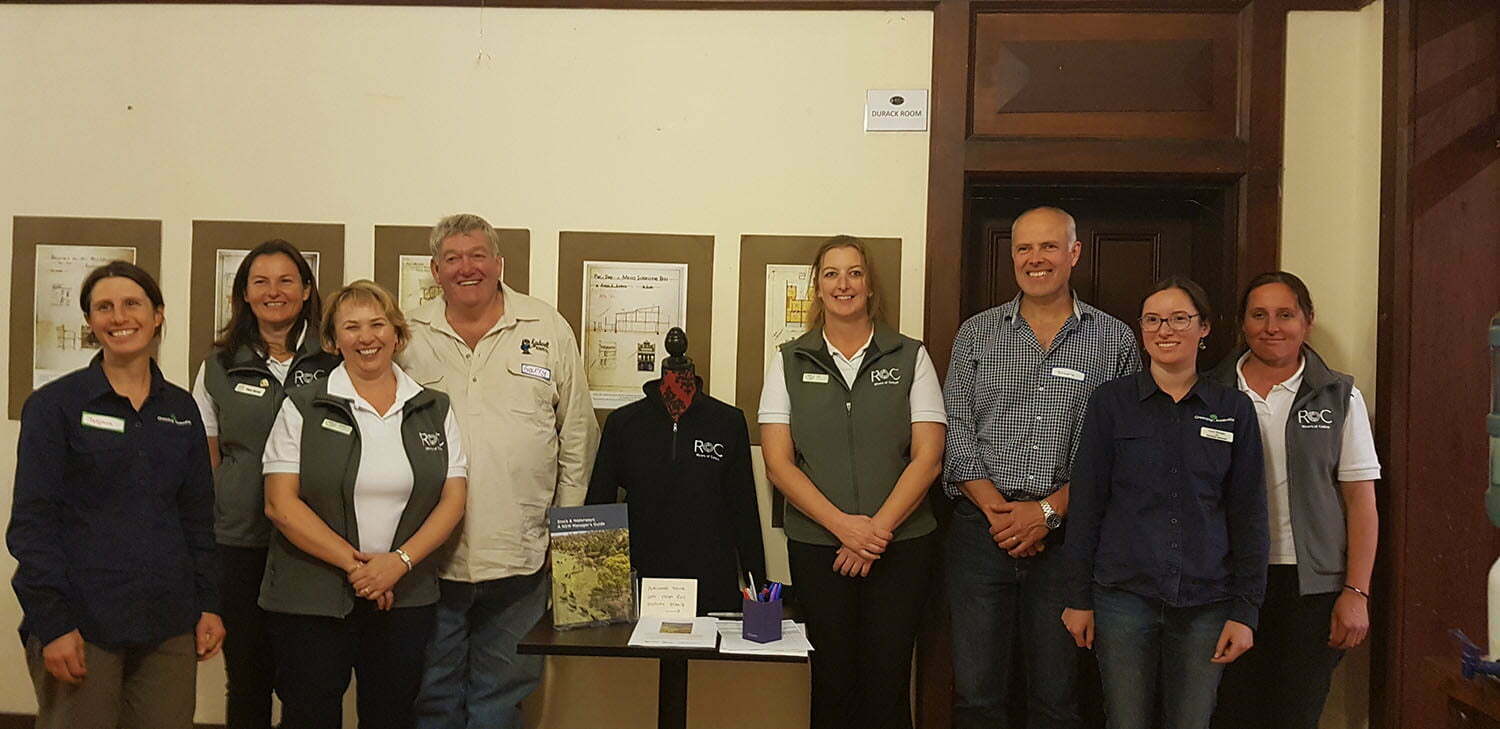
Presenters and the Rivers of Carbon team
For more information:
- Stock and Waterways website
- The future of Macca Perch in the Murrumbidgee: Riverside Field Day & Winter Paddle at Murrells Crossing
- Fish Friendly Farming
Interested in becoming part of Rivers of Carbon?
Check out our other Community Conversations:
[one_third]
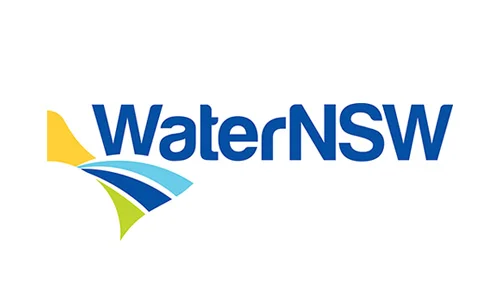 [/one_third][one_third]
[/one_third][one_third]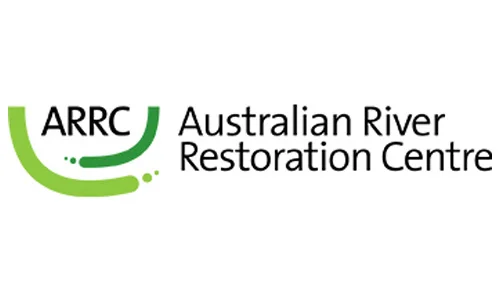 [/one_third][one_third]
[/one_third][one_third]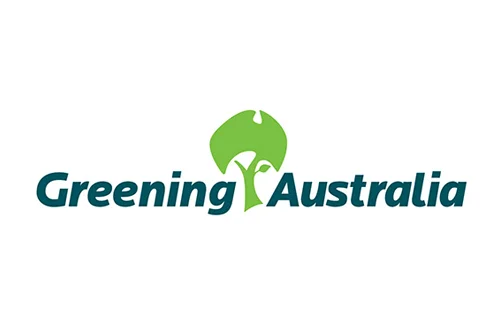 [/one_third]
[/one_third]